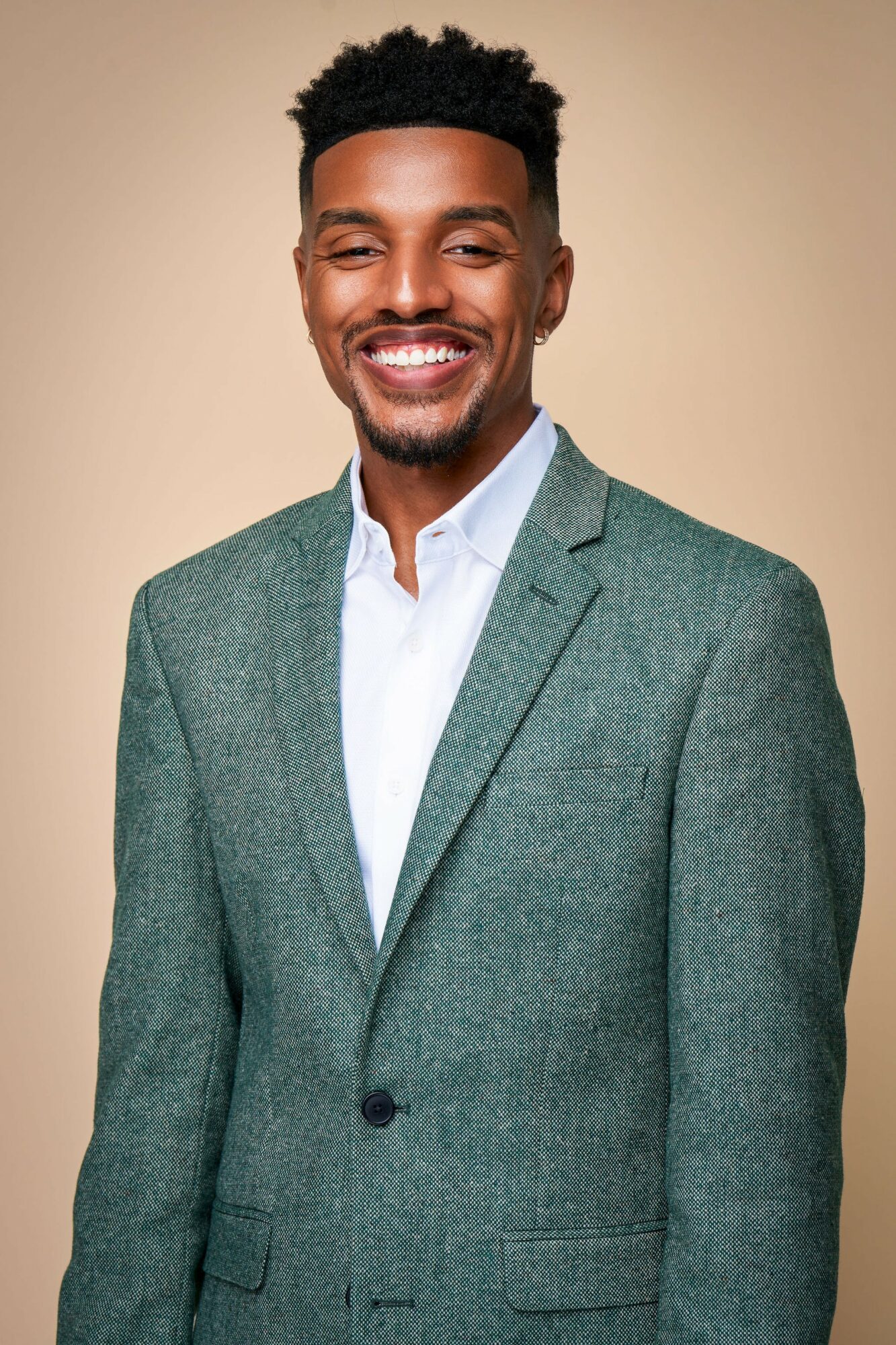

Today we’d like to introduce you to Malachi Burden.
Hi Malachi, so excited to have you on the platform. So before we get into questions about your work-life, maybe you can bring our readers up to speed on your story and how you got to where you are today?
Absolutely. My story starts in a place of both complexity and hope. I was born in Sioux Falls, South Dakota, and raised in Baltimore, Maryland — two very different places that shaped my outlook on life. Growing up, I faced a lot of personal challenges, including growing up without a father and overcoming anger management. At the same time, I was surrounded by mentors who saw something in me — leaders who spoke life into my potential even when I couldn’t see it for myself.
I pursued higher education and found myself on the campus of Penn State University. From an early age, I dreamed of becoming an architect. I loved the aestheticism and idea of building something meaningful from the ground up. So when I arrived at Penn State, architecture was my chosen major.
But that dream was soon tested. I experienced intense racial discrimination within the program, and over time, I found myself pushed to the margins and eventually outcasted from my major. I remember being a junior in college, sitting in the depths of discouragement — hopeless, broken, and without a clear vision for my future. I was battling alcoholism, enduring abuse in a toxic relationship, and had been diagnosed with chronic depression. My GPA had dropped below a 2.0. I was placed on academic probation and staring down the harsh reality of being a college dropout. It was one of the darkest seasons of my life.
Eventually, my drinking escalated to the point where I nearly lost my life to alcohol poisoning. That was rock bottom. I had lost all faith — in God, in myself, and in the future. But in that moment of despair, I was hit with a sobering truth: if I didn’t make a change, I was going to die. I realized I couldn’t keep blaming my circumstances — I had to decide if I wanted to be a victim or a victor.
That turning point sparked the beginning of my healing. I opened up to my family and friends, started therapy, and went back to the academic advisor who had once believed in me. He helped me find a new major and worked with me to create a vision and a plan to graduate.
That decision became the catalyst for a new life. The very next day after graduating from Penn State, I made another life-changing decision: I committed to sobriety. I’ve now been sober for over six years. I was miraculously freed from my addiction that day without any withdrawal symptoms or having to go to rehab.
That new major eventually led me to Houston, Texas, where I worked for major oil and gas corporations such as Shell and BP. During my time in corporate America, I also earned my MBA from the University of Houston, specializing in project management and supply chain management. Professionally, I was thriving. But deep down, something was shifting again — a renewed purpose was beginning to stir in my heart.
That seed was planted during my season of healing — especially through two people who deeply impacted me: my therapist, who walked with me through my darkest struggles unexpectedly passed away from a heart attack, and my high school English teacher, who battled mental health issues yet always encouraged me to use my voice. Their presence and compassion saved my life, their loss fueled my calling.
That’s when I realized my dream was no longer about building structures — it was about building people from the ground up.
Today, I serve at Lakewood Church in our Freedom Ministry, where I help people overcome trauma, addiction, abuse, incarceration, and other life challenges. I walk alongside those who feel stuck in their past or overwhelmed by their present, helping them realize that they can live in the freedom and purpose God truly has for them. I’ve shifted my life towards full-time ministry — using every part of my story to build up as many people as I can.
I have a deep passion for the intersection of mental health, emotional healing, and spiritual growth. I’m currently pursuing my Doctor of Ministry in Executive Leadership at The King’s University outside of Dallas, Texas, and as part of this journey, I also plan to pursue a master’s in therapy in order to obtain my counseling license. I plan to use both of these degrees to help bridge the gap between mental health and the Christian community — to help break stigmas that still exist in many churches, especially within minority communities. My goal is to help people know that it’s okay to need help — and that healing is not only possible, it’s part of God’s plan for their life.
At the heart of it all, my journey has been about transformation — not just personal, but communal. I want to help others find healing, discover their purpose, and walk in freedom. That’s what keeps me going.
I often like to tell people that our lives are blessed with a finite number of pages but an infinite number of chapters — and we have the power to write as many new chapters as we need until the book of our life becomes the story we were always meant to live.
Would you say it’s been a smooth road, and if not what are some of the biggest challenges you’ve faced along the way?
You know, we often wish life moved in a straight line from point A to point B — simple, clean, controlled. But the truth is, life is often more like: point A, then detour 6, heartbreak 9, loss 11, breakthrough 13, setback 14 — and maybe you finally find your way to B. The journey isn’t always linear, but it’s layered with purpose. As someone once said, “the road to success is rarely a straight line; it’s more like a scribble filled with lessons.”
My road has been filled with scribbles — valleys, storms, and tests. In college, I was diagnosed with chronic depression. My GPA dropped below a 2.0, I was placed on academic probation, and due to my alcoholisms, I nearly drank myself to death from alcohol poisoning.
But interestingly, the next wave of challenges came not when I was lost — but when I found purpose. When I made the decision to transition into full-time ministry and follow the call to help others heal, it was as if all hell broke loose. I was in a near-death car accident. I developed a neurological disability. I was terminated from a job because of my health and ended up in a lawsuit. I was unemployed for over a year and a half — stuck between economic hardship and physical limitations. My grandmother, whom I had just met two years earlier, passed away. My father, whom I had also just met for the first time, was incarcerated. It felt like one blow after another.
And I had to ask myself: Do I still believe in this calling? Do I still want to help people? Do I have what it takes? Or would I go back to the life I had before — a life that was safe, but not fulfilling?
That season tested everything in me — my faith, my endurance, and my identity. But what I’ve learned is that growth doesn’t happen on the mountaintop. It happens in the valley. Just like diamonds are formed from coal under pressure, I believe our callings are refined through resistance. The fire doesn’t disqualify you — it purifies you.
And even the clouds in my story — the dark days, the grief, the pressure — I now see them as part of the beauty. There’s a quote I often reflect on that says this, “clouds come floating into my life, no longer to carry rain or usher storm, but to add color to my sunset sky.”
If there’s one truth I carry with me through it all, it’s this: “success is on the other side of just go a little further than you did last time — and keep that on repeat.”
So no, it hasn’t been a smooth road. It’s been hard, holy, and humbling. But I wouldn’t trade it. Because it’s in the struggle that I found my strength — and my story is what now gives others permission to heal too.
Alright, so let’s switch gears a bit and talk business. What should we know about your work?
As previously mentioned, I currently serve as the Lead Young Adult Minister within the Freedom Ministry at Lakewood Church in Houston, Texas. My work focuses on helping young adults walk through healing from mental, emotional, and spiritual bondage. I also serve as a liaison between the Freedom Ministry and Lakewood’s Young Adult Ministry, helping ensure that individuals battling such issues receive both spiritual and practical support. I meet people in their crisis and help walk them toward clarity and healing — whether that’s through biblical guidance, specialized resources, or just being a steady presence when the storm hits.
Outside of the church, I volunteer in the Spring Independent School District, speaking at middle and high school events and mentoring at-risk high school students. I speak on identity, purpose, resilience, and mental health — giving students not just motivation, but tools for survival and success.
One of the projects I’m incredibly proud of was developing a mental health event inside the Oliver J. Bell Unit prison, where I invited licensed professionals and facilitated a program that gave incarcerated men a space to process their mental health, be vulnerable, and access professional care. Many of them had never been given permission to confront their inner pain — and we created a safe place for that healing to begin.
In addition to my ministry and outreach, I’m in the process of developing a series of faith-based metal health devotionals. The first one is finished and going to be released this month for free, and I plan to publish several more by the end of the year. These devotionals were birthed out of Mental Health Awareness Month in May and Men’s Mental Health Awareness Month in June, and they are tailored for men, women, and young adults. I’m also creating leadership discussion guides to accompany each devotional — practical resources designed to help churches, small groups, and Christian organizations implement them effectively in their communities. These tools are meant to open up honest conversations and provide biblical grounding for emotional and mental wellness.
I’m also rebranding and relaunching my podcast, Intrusted With Malachi Burden, to highlight real stories of transformation — a space where people can share their testimonies and offer wisdom, hope, and encouragement to those navigating similar or different struggles.
Academically, as previously mentioned, I’m pursuing my Doctor of Ministry in Executive Leadership at The King’s University, where my focus is on integrating biblical truth and mental health. I plan to pursue my master’s in therapy subsequently and become a licensed professional. Eventually, I plan to launch a nonprofit that will provide free mental health services to lower income neighborhoods, work as an author, speaker, and consultant, helping churches and Christian institutions break the silence around mental health and build systems that support emotional healing from a Christ-centered perspective.
What sets me apart is that I’m not coming from theory — I’m coming from experience. I’ve lived through the depression, the addiction, the breakdown of identity. I’ve faced the shame, the stigma, the silence. And now I’m using the very places that almost broke me to help others break through.
At the core of everything I do — whether it’s mentoring students, leading in ministry, writing content, public speaking, or stepping into prisons — I’m driven by one belief: people don’t just need to be preached at, they need to be walked with. That’s what I’m most proud of — that I get to walk with people through their pain and help them discover that healing, freedom, and purpose are still possible.
We’d love to hear about how you think about risk taking?
“What does progress look like? There’s a space between who I am and who I want to be. But every day, I watch it become a little smaller.”
That quote defines how I see risk. It’s not always a giant leap — sometimes it’s a quiet, daily push through fear, resistance, and uncertainty. Risk isn’t just about taking bold chances — it’s about being obedient to the pull of purpose, even when it costs you everything familiar. Risk is where faith gets tested and refined. As someone once said, “I must be willing to give up what I am in order to become what I will be.”
One of the greatest risks I’ve taken was walking away from a secure corporate career in oil and gas. But I knew God was calling me into full-time ministry and mental health advocacy — especially within underserved and often overlooked communities. That meant walking away from comfort, predictability, and financial security to pursue something that didn’t come with guarantees.
But the risk wasn’t just vocational — it was academic, too. My background is in energy business and project management. I didn’t have a theology degree. Yet I felt led to jump into a Doctor of Ministry program and eventually pursue a Master’s in Counseling to become a licensed therapist. That’s six to eight years of additional schooling — a complete restart. It’s the kind of academic commitment I could’ve made earlier in life, but didn’t. And now, I’m doing it all over again with a different heart, a deeper purpose, and much more at stake.
I often tell people: “Don’t ask if your dream is crazy — ask if it’s crazy enough.” Because when your purpose is divine, it usually won’t make sense by human standards.
And that’s where I am now — walking by faith in an academic world that, statistically, wasn’t built for me. The theological world lacks minority representation, and as a Black man without a prior theology degree, I’m part of a very small demographic. I stepped into doctoral-level theological study without the traditional background — which means, academically, I’m in deep waters. Some might say I’m in way over my head. But I believe God doesn’t call the qualified — He qualifies the called.
Even when others around me have years of academic training, I still believe I belong. I still believe I can hold my own in the academy. Not because I’ve mastered theology — but because I’ve lived it. And I’m walking confidently on the path God has already laid out for me.
As T.S. Eliot once said, “Only those who will risk going too far can possibly find out how far one can go.”
Biblically speaking, Philippians 3:13–14 says this, “I focus on this one thing: forgetting the past and looking forward to what lies ahead, I press on to reach the end of the race and receive the heavenly prize.”
Because at the end of it all, I want to be able to say: “I have fought the good fight, I have finished the race, I have kept the faith. Now there is in store for me the crown of righteousness, which the Lord…will award to me.” (2 Timothy 4:7–8)
I’ll leave you all with this saying, I previously stated, our lives were blessed with the finite number of pages, but an infinite number of chapters. We all have the power to write as many chapters as needed until our life story the story we were always meant to live.
Contact Info:
- Instagram: https://www.instagram.com/malachiburden_?igsh=Z3VqNnJmMW1ibTAy&utm_source=qr
- LinkedIn: https://www.linkedin.com/in/malachi-av-burden
- Twitter: https://x.com/malachiburden?s=21&t=y2CDi7dMJmqDo8MFUERs5g
- Other: https://www.instagram.com/intrustedwithmalachiburden?igsh=MWFyM3NhajJ1Nm9mYg%3D%3D&utm_source=qr
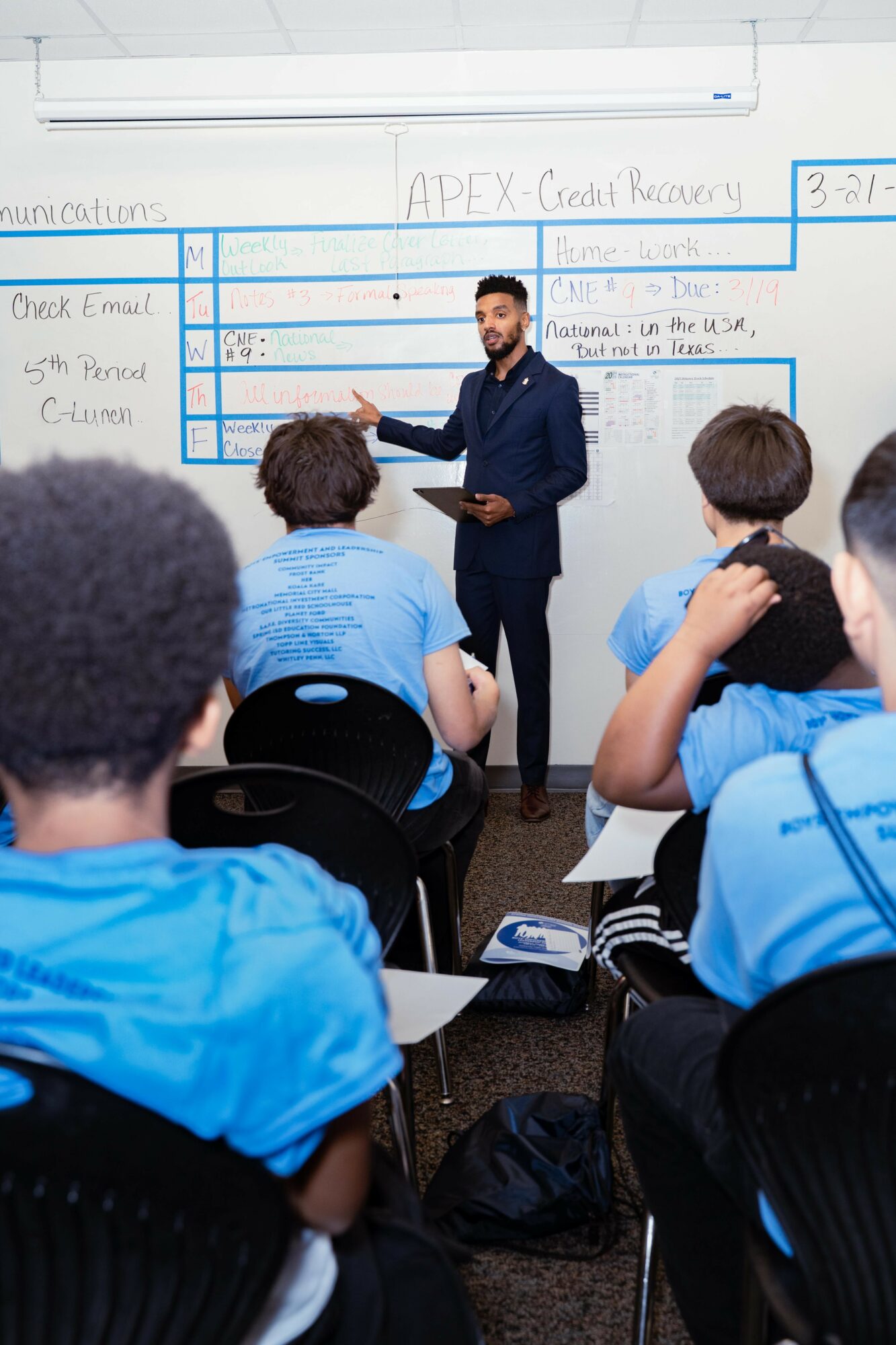
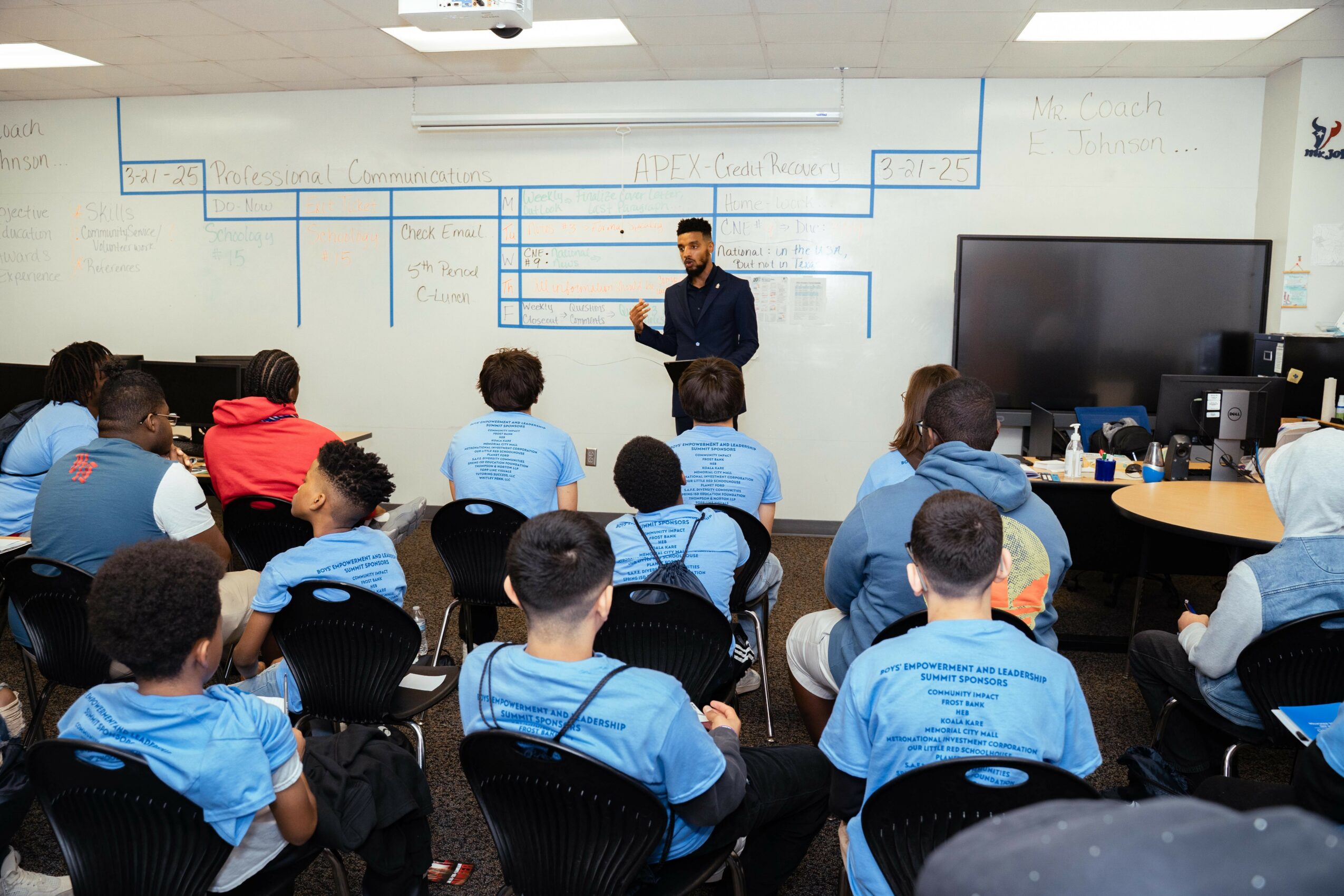
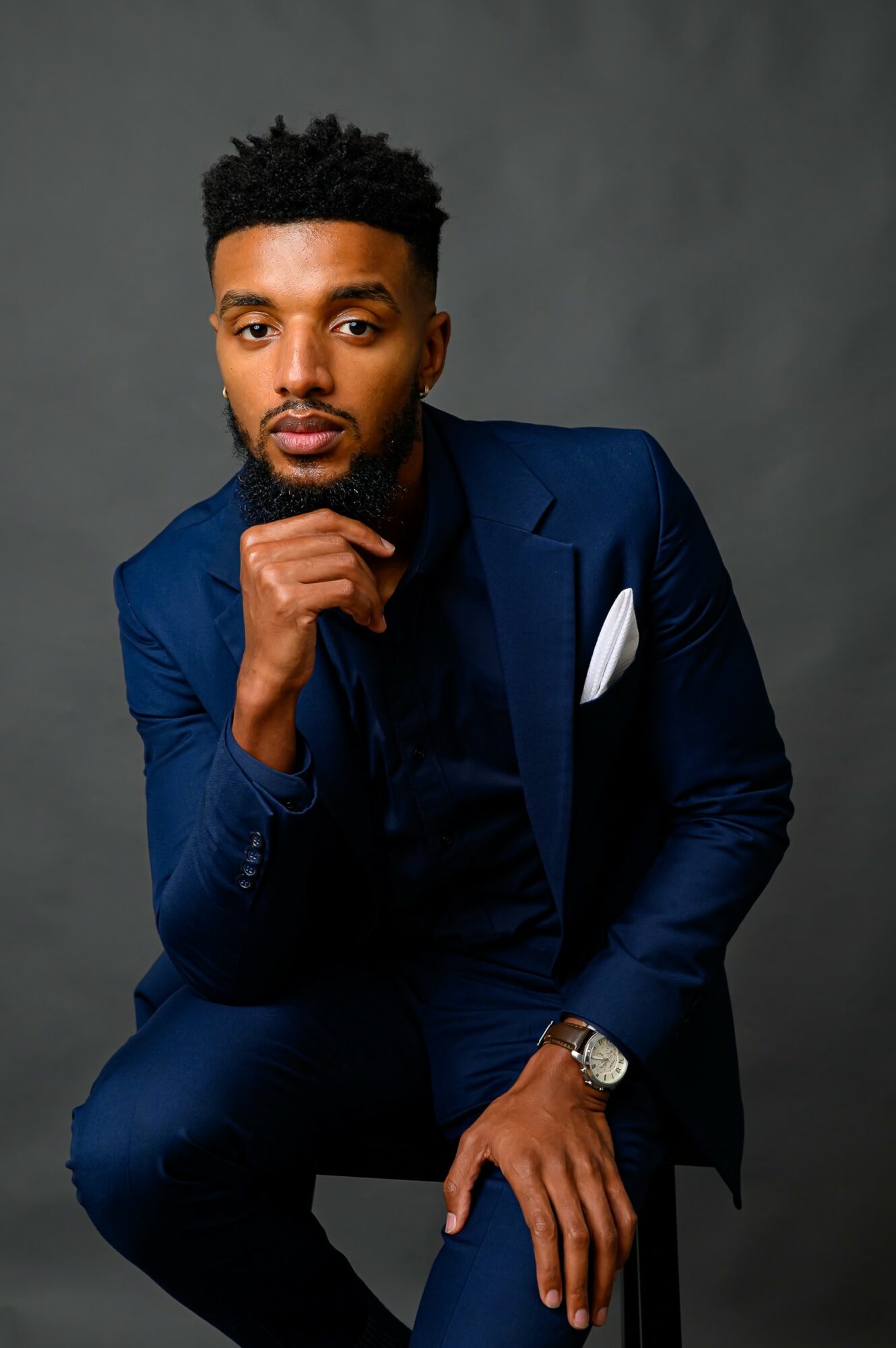
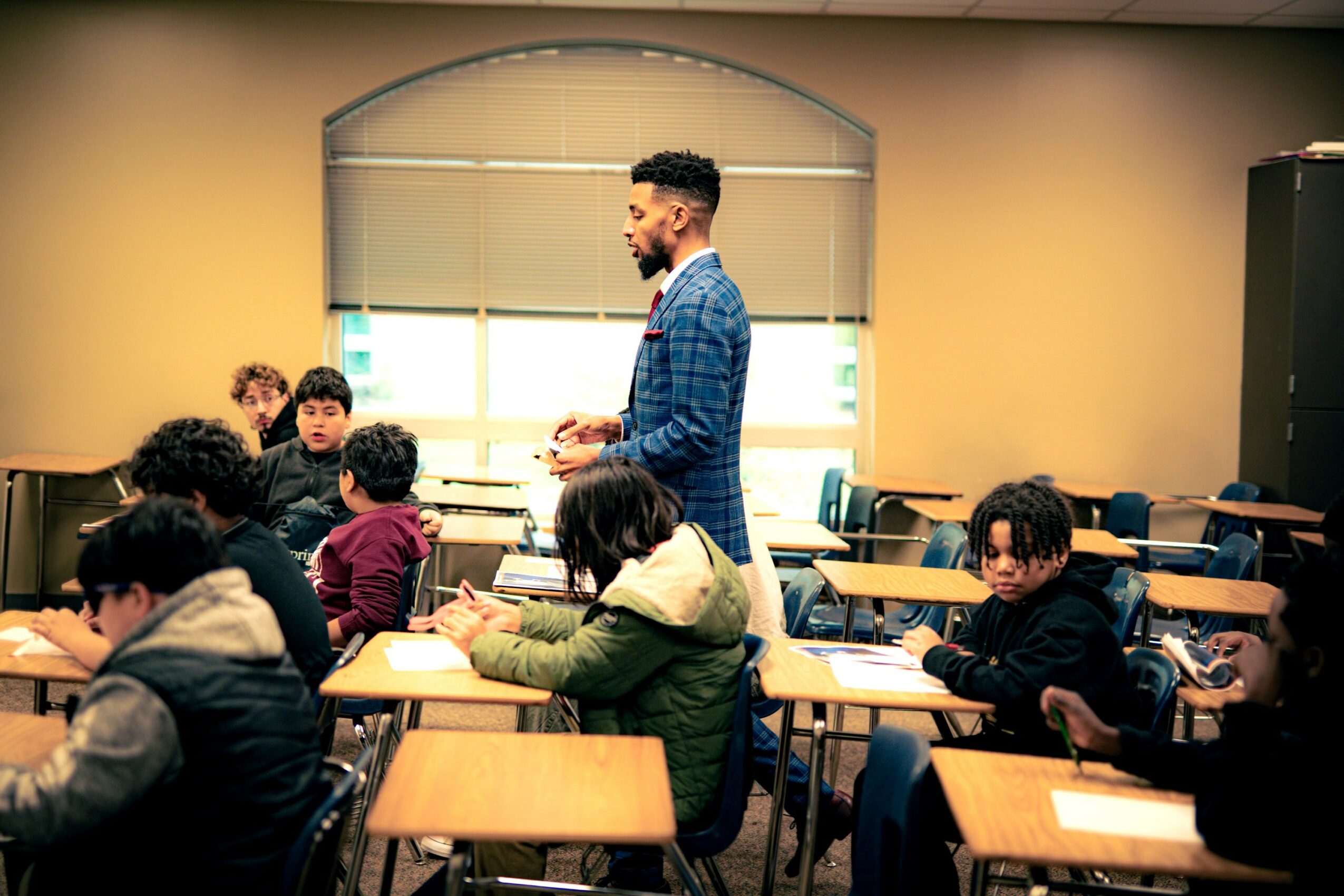
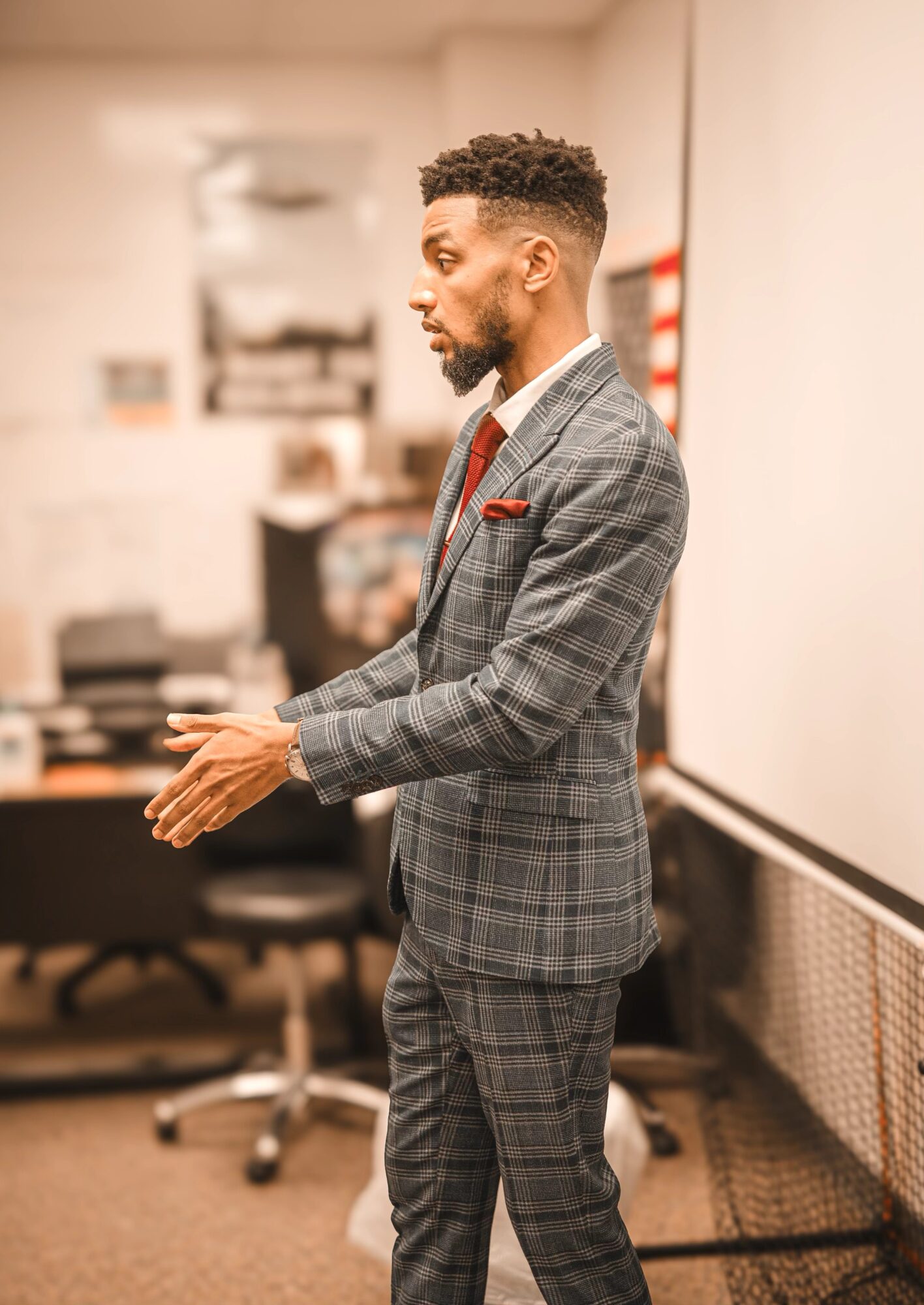
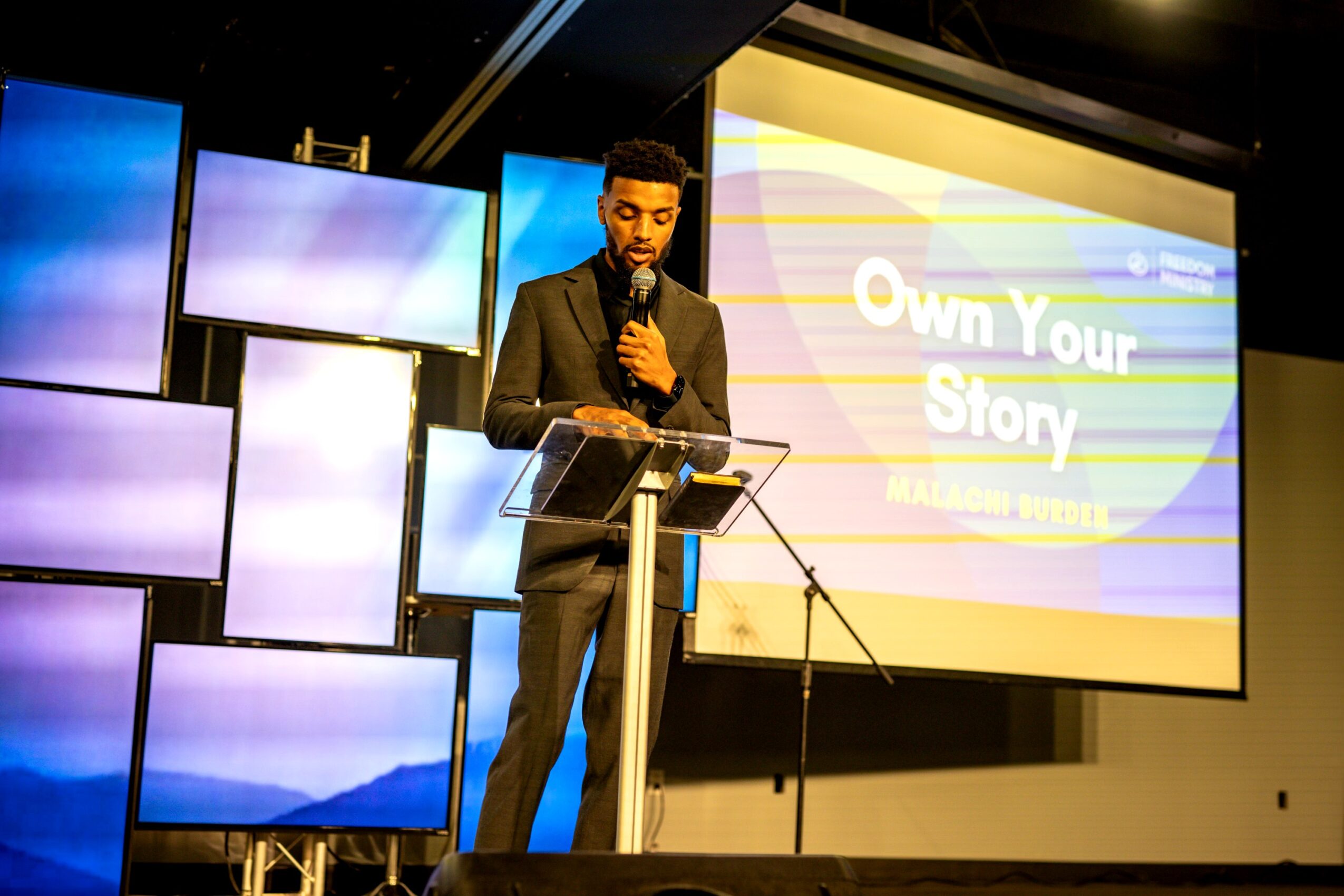
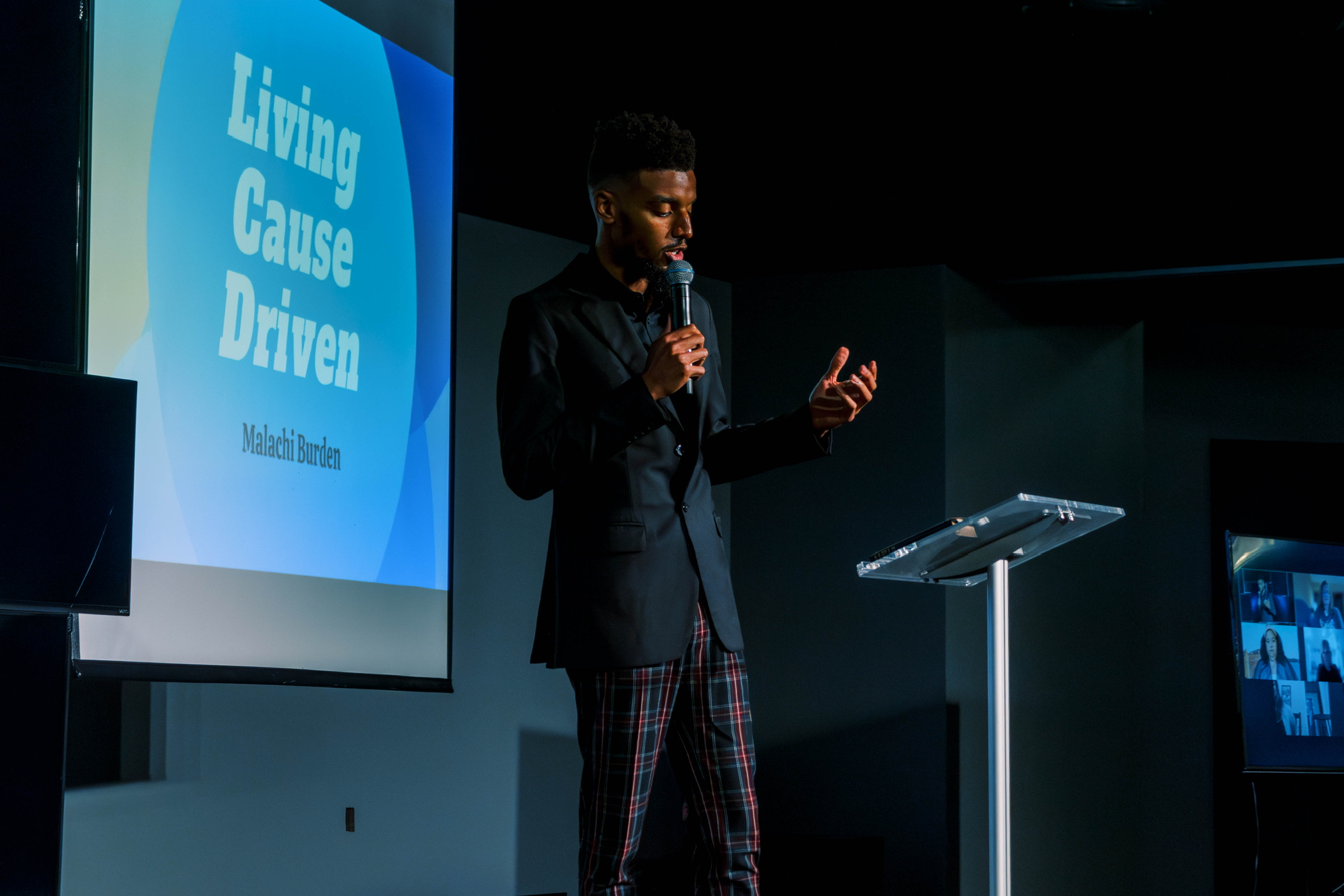
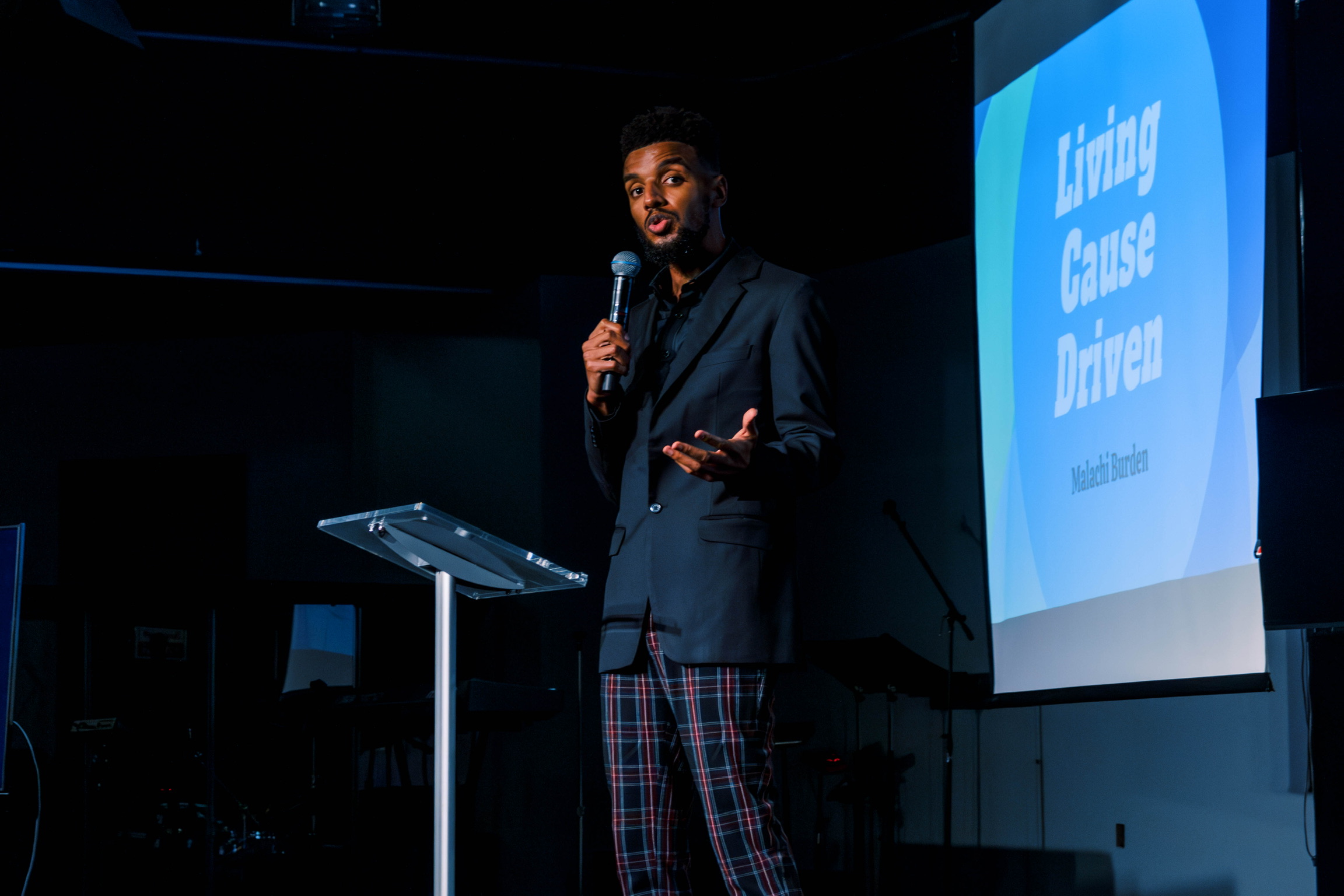

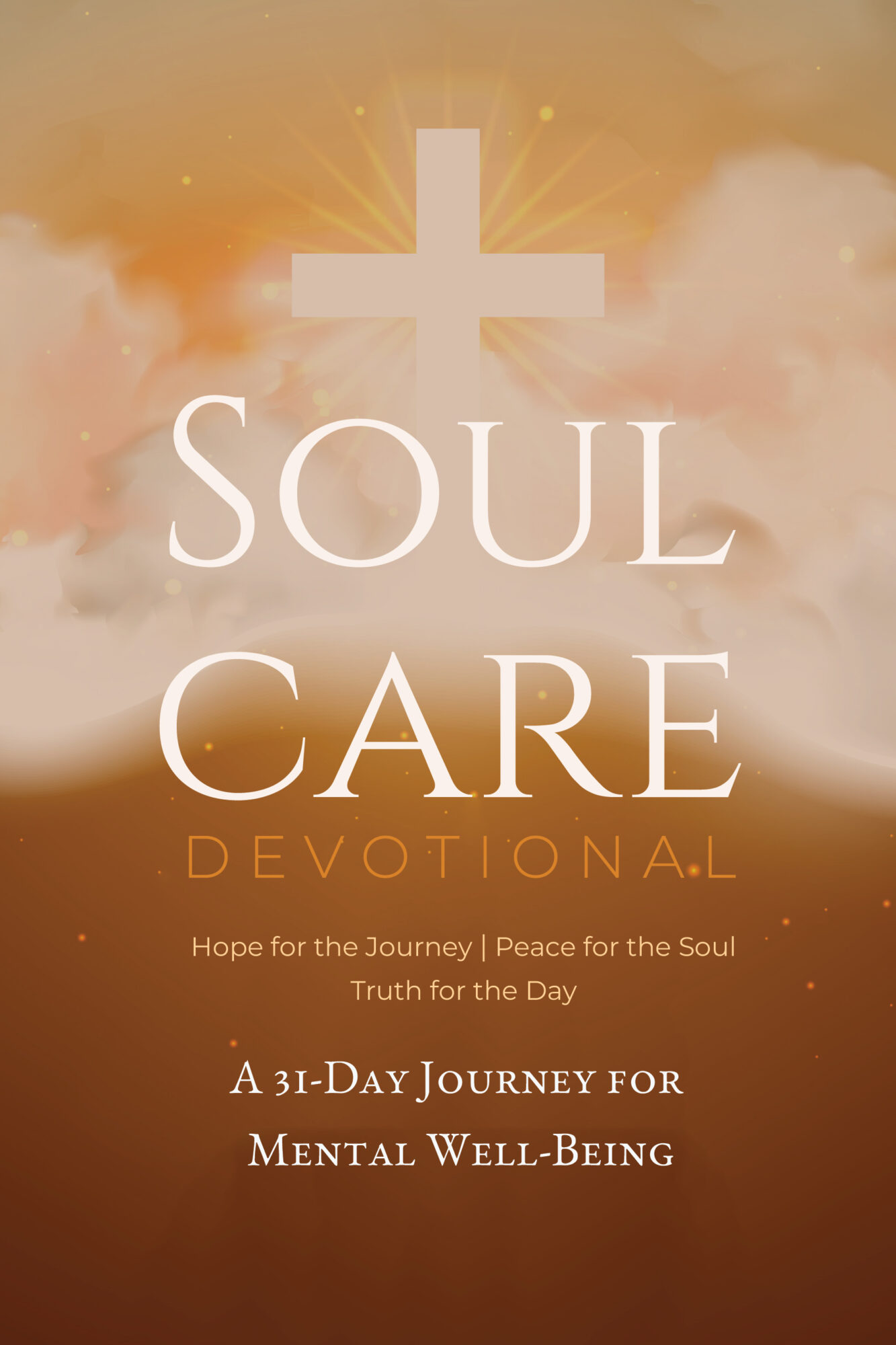
Image Credits
righttimesolutions
rdaugustphotographyllc










